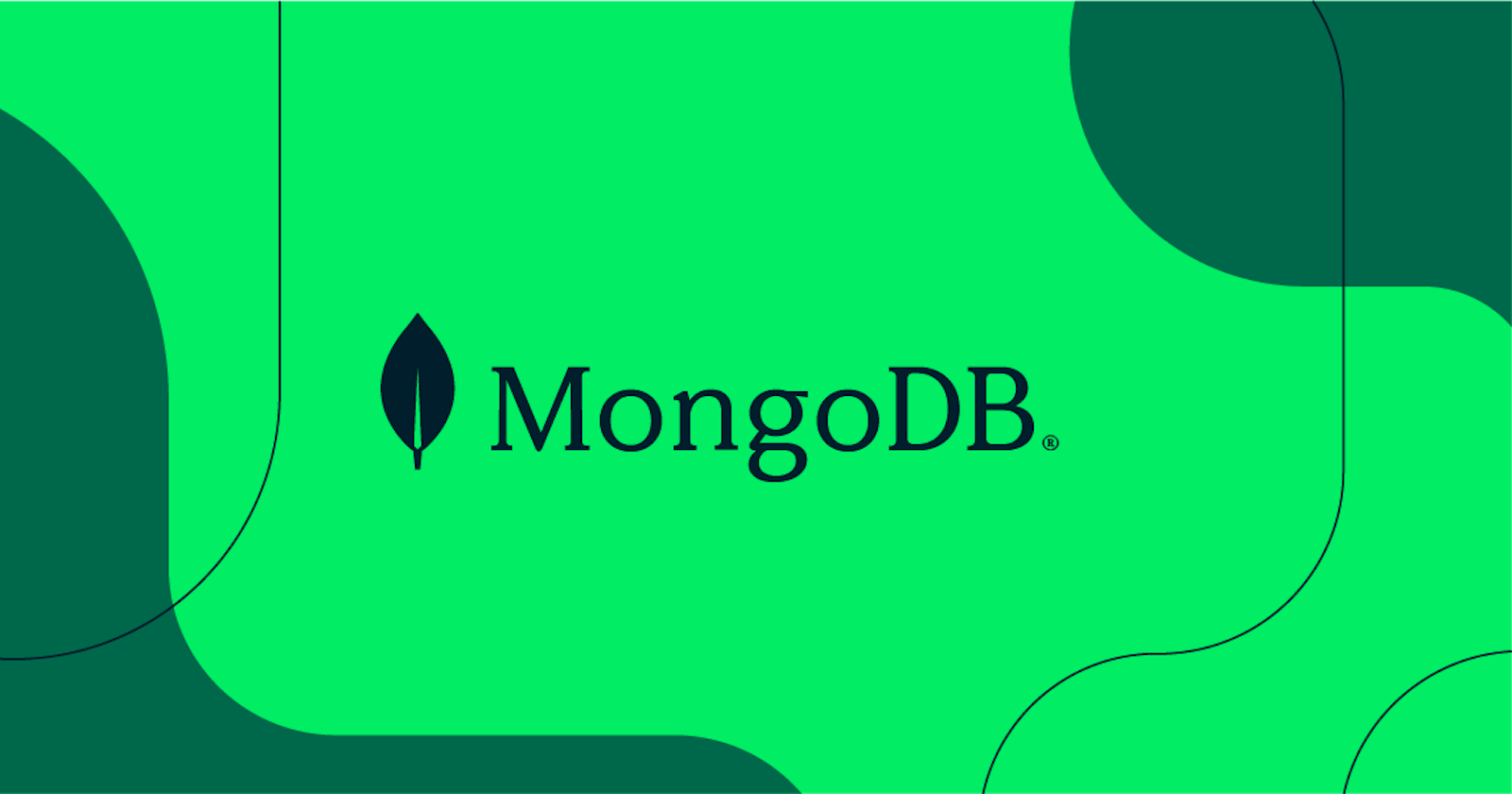Simplifying Database Operations in .NET with Entity Framework and MongoDB
Introduction
This article was a thought that came to me when I was busy creating a front end for one of my .NET projects where I am making use of MongoDB as my Database. So I wondered if it was possible to create an application using both MongoDB and Entity Framework since Entity Framework is widely used for SQL Server (Azure or Microsoft SQL Server). Let's explore this.
Understanding Entity Framework
Entity Framework is a popular Object-Relation Mapping framework in the .NET ecosystem. simply put, it is a tool that simplifies the communication between a .NET application and relational databases. It maps the app's objects to the database tables, allowing you to do CRUD(Create, Read, Update, Delete) operations using C#, rather than writing complicated SQL queries.
Why use Entity Framework in .NET
.NET developers use Entity Framework for the following reasons:
Simplicity: Writing SQL queries can be draining, and can cause errors to occur.
Productivity: The focus on the application's logic increases, rather than dealing with low-level database operations.
Recyclable-Code: This allows .NET developers to make use of the same(code) models and context to talk to different database systems.
Support of Multiple Databases: Entity Framework supports various database systems.
Integrating Entity Framework with MongoDB
We know at least among the .NET/C# Developers that Entity Framework is known to be associated with relational databases (RDBMS), but it can also work with NoSQL databases (MongoDB).
EF with MongoDB
To use Entity Framework with MongoDB, Entity Framework will be needed and the "MongoDB.EntityFrameworkCore" package. Entity Framework is a lightweight, extensible, and cross-platform version of Entity Framework.
The "MongoDB.EntityFrameworkCore" package is a third-party library that enables Entity Framework Core to work with MongoDB. It provides the necessary components for mapping .NET objects to MongoDB collections and doing CRUD operations.
Considering EF with MongoDB
Familiarity for .NET Developers: .NET developers are already familiar with Entity Framework. Leveraging it for MongoDB allows one to apply their existing knowledge and skills to NoSQL databases.
Structured ORM Approach: Using Entity Framework brings structure to one's MongoDB interactions.
Consistency in Development: Entity Framework offers a consistent approach to database access across different database systems. This consistency can streamline the development process which makes it more organized.
Simplified CRUD Operations: CRUD operations are simplified with Entity Framework. There is no need to rewrite custom MongoDB queries.
Easy Integration with .NET Ecosystem: One can seamlessly integrate NoSQL databases into the .NET ecosystem. This can be particularly beneficial when building complex applications that require both relational and NoSQL data storage.
Conclusion
Entity Framework is a valuable tool for .NET developers looking to simplify their database operations. While it's traditionally associated with relational databases, it can also be used with MongoDB, a popular NoSQL database. This integration provides a structured and familiar approach to working with MongoDB, making it a good option for .NET developers specifically .NET Developers who are familiar with the fundimentals of SQL.

